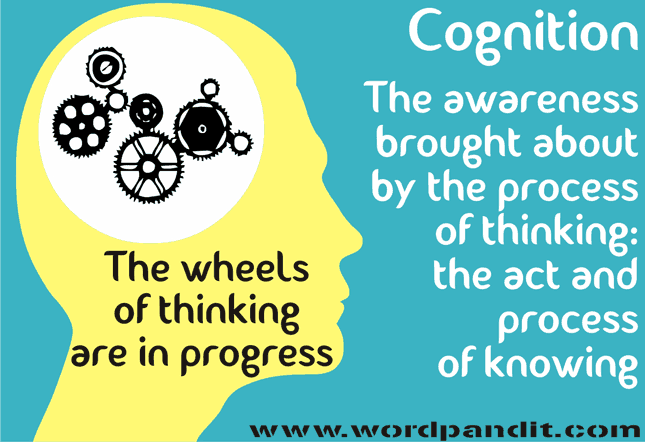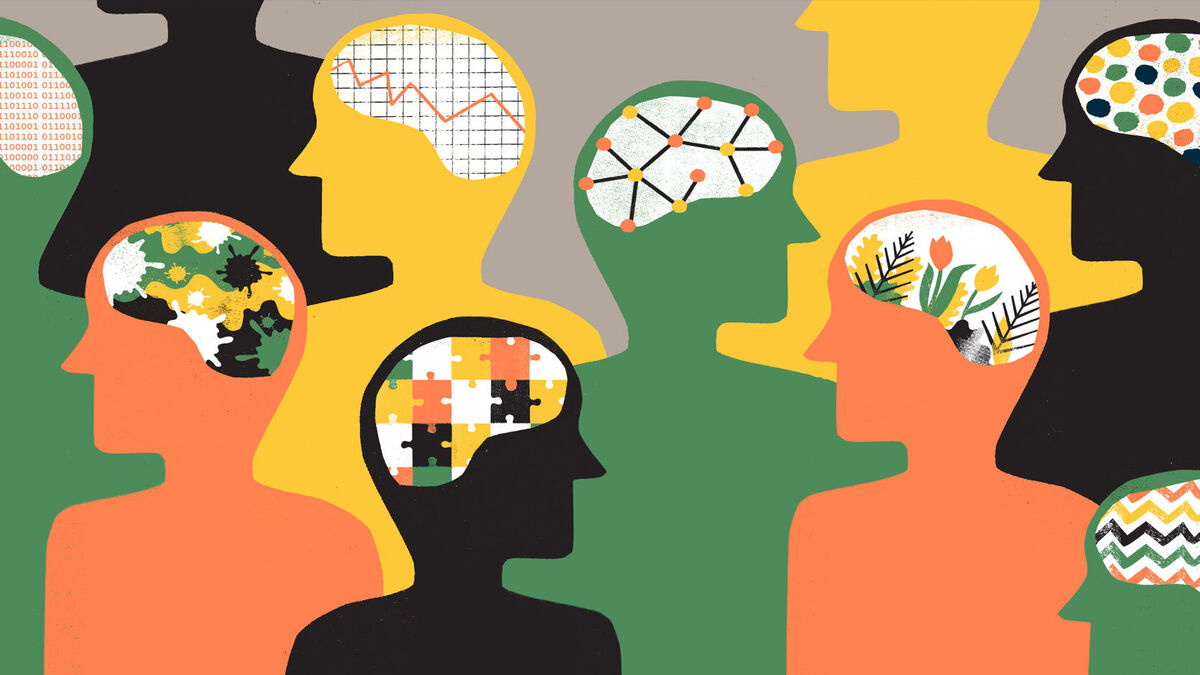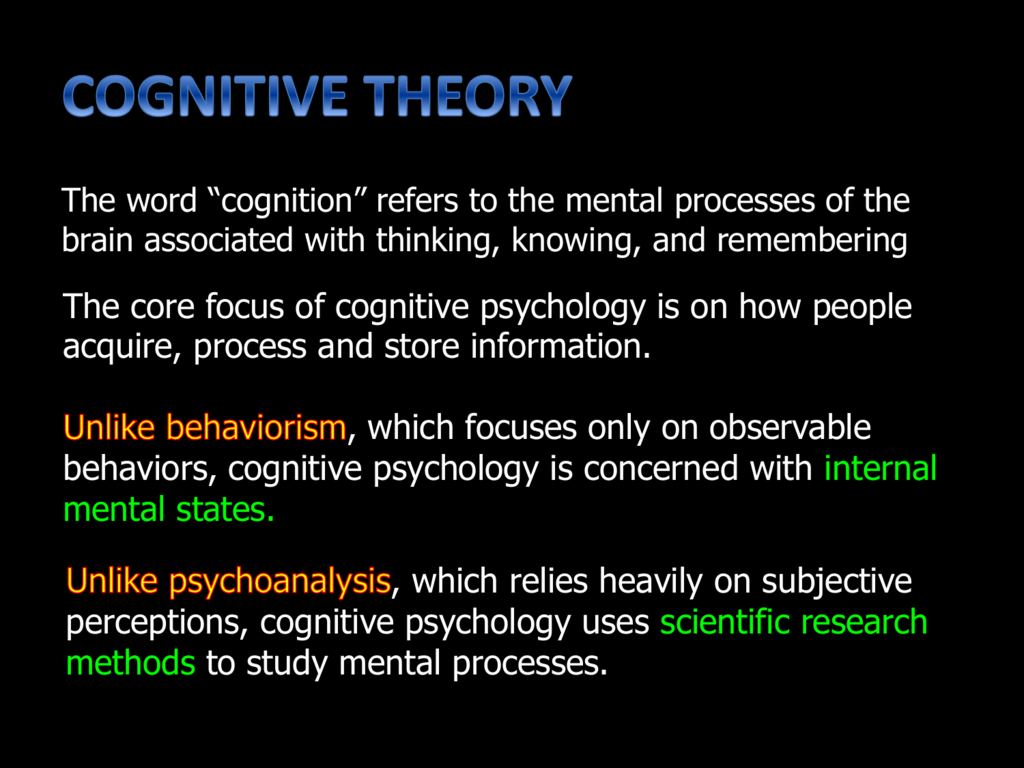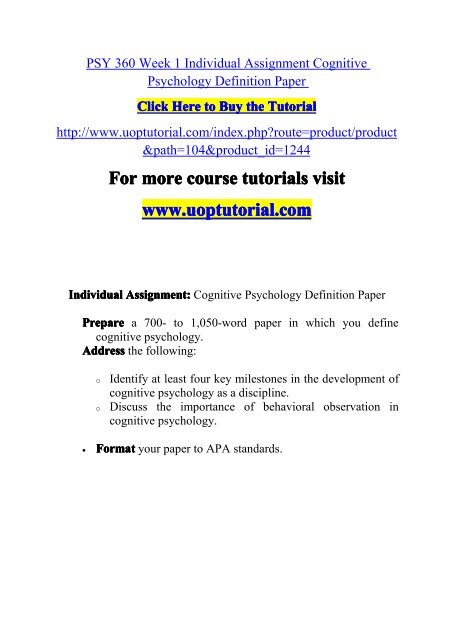Cognitive psychology is a branch of psychology that focuses on the mental processes involved in perception, thinking, learning, and decision making. It is concerned with understanding how people acquire, process, store, and use information.
At its core, cognitive psychology is concerned with understanding how the human brain processes information. It seeks to understand the mental processes that underlie perception, attention, language, memory, problem solving, and decision making. Cognitive psychologists use a variety of methods to study these mental processes, including experiments, observations, and computer simulations.
One key area of research in cognitive psychology is the study of perception. Perception is the process by which we interpret and make sense of the sensory information that we receive from the world around us. For example, when we see an object, we perceive it as having certain shape, size, color, and texture. We also perceive it as being located in a specific place in space and time. Cognitive psychologists study how the brain processes and interprets this sensory information to create our perception of the world.
Another important area of research in cognitive psychology is the study of attention. Attention is the process by which we select and focus on certain stimuli or tasks while ignoring others. Cognitive psychologists study how the brain directs and allocates attention, and how attention can be influenced by factors such as motivation, emotion, and prior knowledge.
Cognitive psychology also investigates how we process and use language. Language is a complex mental process that allows us to communicate with others through the use of words and symbols. Cognitive psychologists study how the brain processes and understands language, as well as how we produce and comprehend speech.
Memory is another key area of research in cognitive psychology. Memory is the process by which we encode, store, and retrieve information. Cognitive psychologists study how the brain stores and retrieves memories, and how memories can be influenced by factors such as emotion, context, and practice.
Problem solving and decision making are also important areas of research in cognitive psychology. These mental processes involve the ability to analyze and evaluate information, generate and consider alternatives, and make choices. Cognitive psychologists study how the brain processes and integrates information to solve problems and make decisions.
Overall, cognitive psychology is a vital field of study that seeks to understand the mental processes involved in perception, thinking, learning, and decision making. It is a rapidly growing field that continues to make important contributions to our understanding of the human mind and its capabilities.









